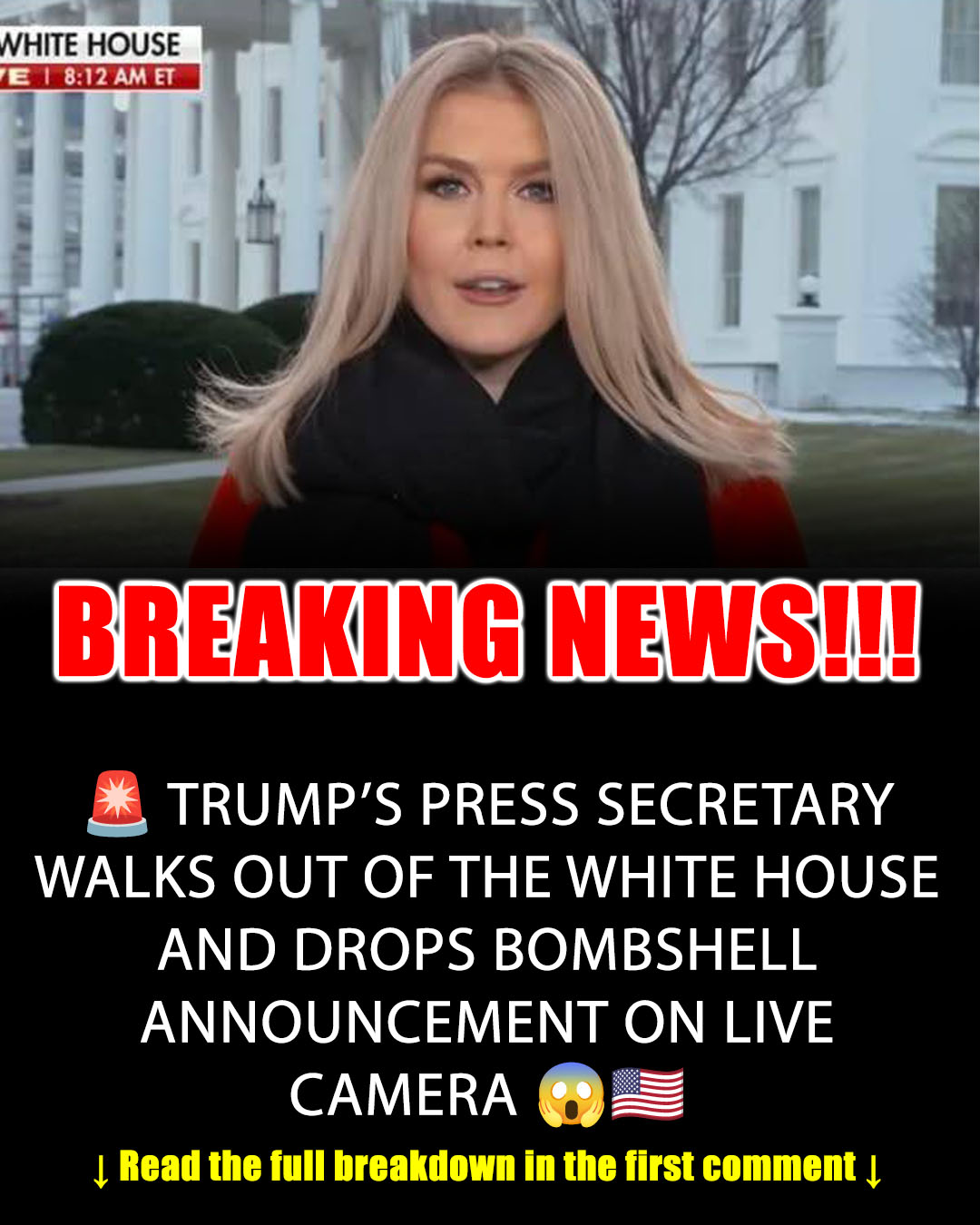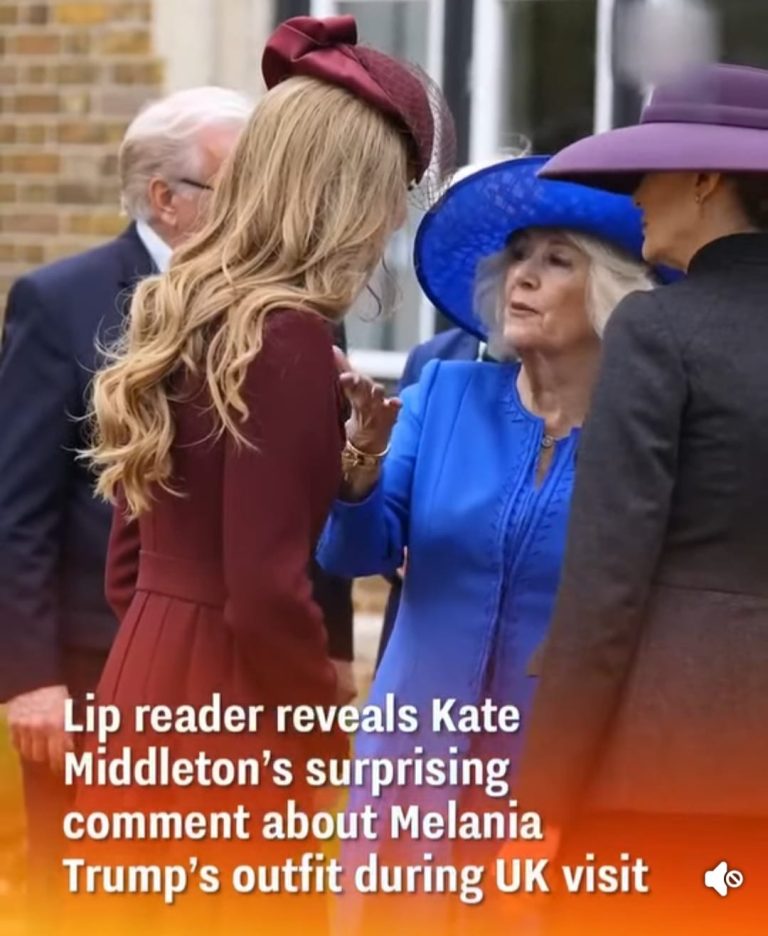CONTROVERSIAL FEDERAL WORKER BUYOUT PLAN SPARKS NATIONAL DEBATE
The Trump administration has introduced a controversial new federal buyout program, offering nearly 2 million civilian employees full pay and benefits through September if they voluntarily resign by February 6. Dubbed the “deferred resignation program,” the initiative seeks to reduce government costs and increase in-person attendance, as only 6% of Washington, D.C., employees currently work on-site.
White House Press Secretary Karoline Leavitt has dismissed claims that the plan is a politically motivated purge, framing it instead as a cost-cutting measure to improve efficiency. Supporters argue the move is essential for streamlining the federal workforce and adapting to modern work demands.
However, critics—including union representatives—warn the program could severely weaken public services. They argue that while framed as voluntary, the policy may pressure long-term employees to leave their positions, effectively forcing attrition under the appearance of choice.
The program has sparked intense debate, with proponents seeing it as a necessary shift toward fiscal responsibility. They contend that reducing the federal payroll will free up resources for more effective governance.
Opponents, on the other hand, fear the policy could destabilize vital agencies by driving out experienced workers. They caution that losing institutional knowledge may harm the government’s ability to function efficiently.
The stakes are high, as the program’s success or failure could reshape the landscape of federal employment. Its long-term impact on public sector morale and retention remains uncertain.
As the February 6 deadline approaches, the debate continues to intensify. The outcome of this initiative may set a precedent for future workforce policies, determining whether such measures become a tool for reform or a risk to public service stability.






